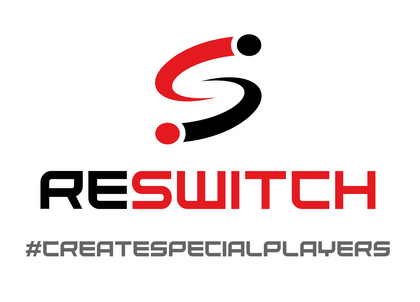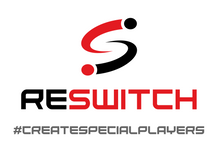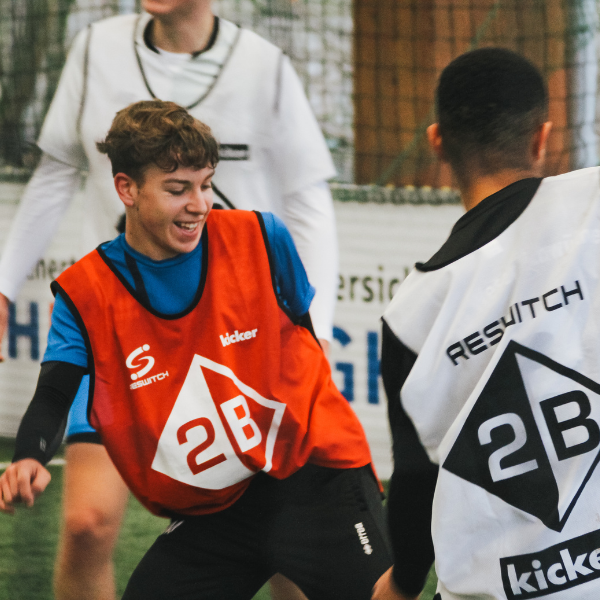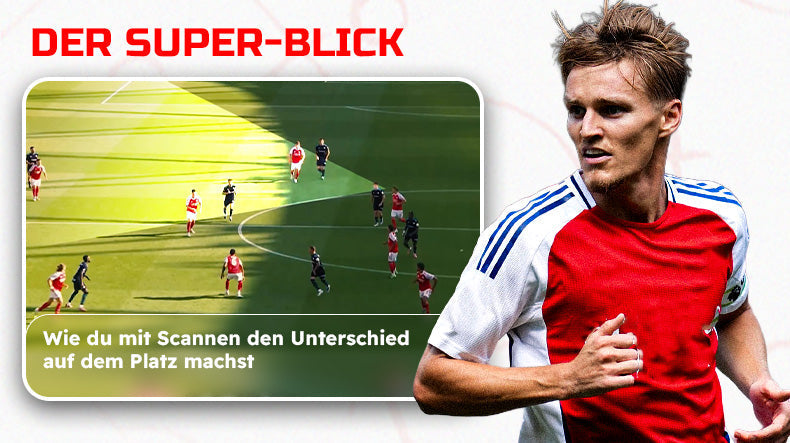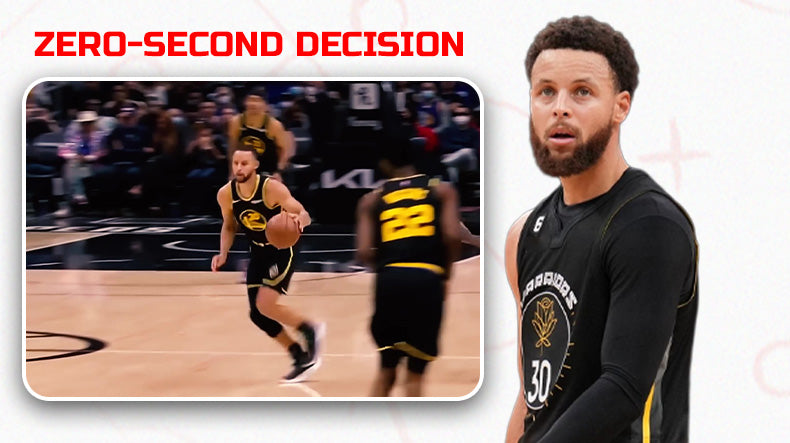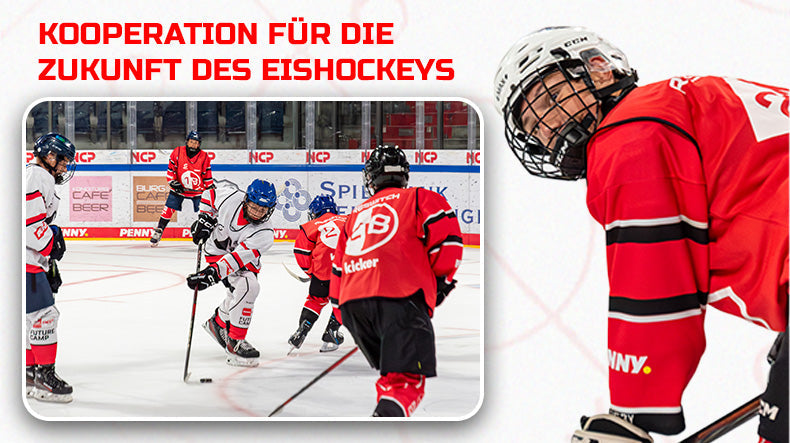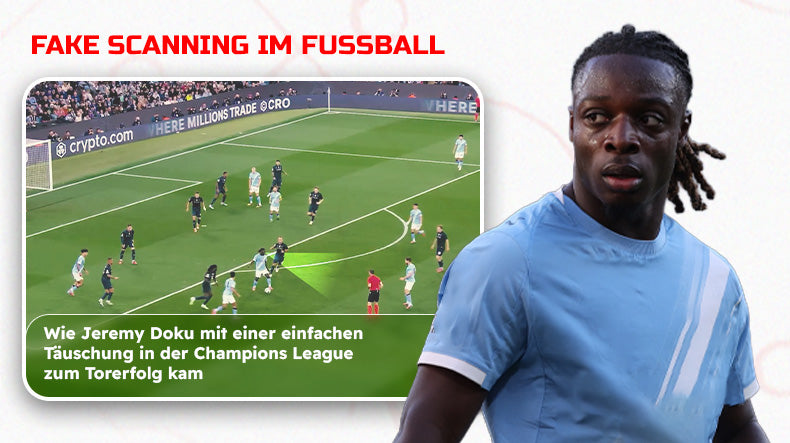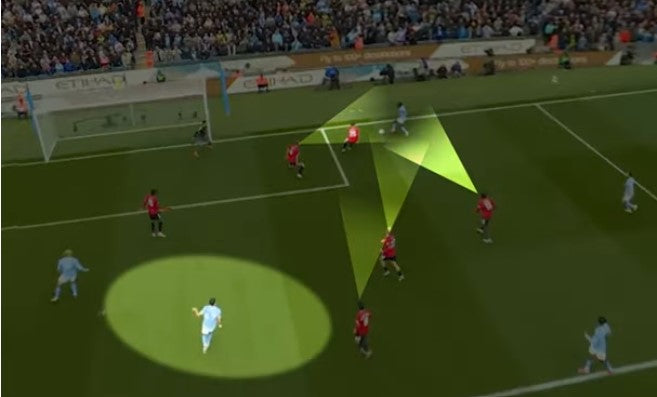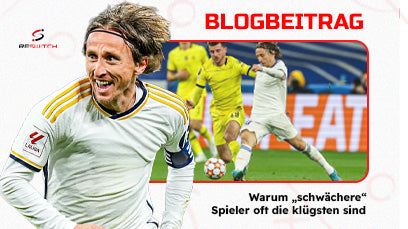Cognitive training in youth football

In youth soccer, the promotion of cognitive skills is a crucial factor for the development of talented players. Cognitive functions such as working memory, inhibitory control and cognitive flexibility play an important role in the game. This article provides an overview of current scientific findings and offers practical exercises that are easy to implement and can improve the cognitive skills of soccer players.
Scientific findings
A study by Huijgen et al. (2015) examined cognitive functions in elite and sub-elite youth soccer players aged 13 to 17 years. Here are the key findings and their classification:
1. Sample: The study included 47 elite youth soccer players (mean age 15.5 years) and 41 sub-elite youth soccer players (mean age 15.2 years).
2. Testing Methods: Players completed various cognitive tests, including the Stop Signal Test (SSRT) to measure inhibitory control, the Trail Making Test (TMT) to measure cognitive flexibility, and the D-KEFS Design Fluency Test (DFT) to measure metacognition.
Inhibitory control (SSRT)
• Results: Elite players had an average stop signal reaction time (SSRT) of 197.5 ms, while sub-elite players achieved an SSRT of 216.3 ms.
• Context: A shorter SSRT means that elite players are better at suppressing their motor responses. This ability is crucial for reacting quickly to changing conditions in game situations, such as aborting a planned pass when an opponent suddenly steps in the way.
Cognitive Flexibility (TMT)
• Results: In the Trail Making Test, elite players needed an average of 32.1 seconds to complete the BA task, while sub-elite players needed 43.8 seconds.
• Classification: Less time spent on the BA task indicates higher cognitive flexibility. This ability allows players to efficiently switch between different tasks and demands on the field, which is of great importance in fast-paced game situations.
Metacognition (DFT)
• Results: In the D-KEFS Design Fluency Test, elite players scored an average of 37.1 points, while sub-elite players scored 33.0 points.
• Classification: Higher scores in the DFT indicate a better ability to plan and execute creative and strategic solutions. This ability is important in football to develop innovative moves and react to unforeseen situations.
Significance of the findings
The results of the study show that elite players are better at reacting quickly and precisely to changing game situations. These cognitive skills are not only important for individual understanding of the game, but also for team dynamics and the overall success of the team. Examples from the game of football that illustrate these skills are:
• Inhibitory control: A player has to abandon a planned pass because an opponent suddenly steps in the way. Instead, he decides to return the ball or pass it to another teammate. Another example would be a striker abandoning a shot attempt because the goalkeeper moves into the path of the shot and instead passing the ball to a better positioned teammate.
• Cognitive flexibility: A midfielder who receives the ball and realises that his original direction of play is blocked must quickly make a new decision. He might decide to move the ball to the other side of the pitch or create a new game situation through a surprising dribbling maneuver. Another example is a defender who must quickly switch between covering different opponents depending on the constantly changing game situation.
• Metacognition: A player plans a complex move by considering the positions of teammates and opponents and mentally going through several possible courses of action before making the best decision. An example would be a playmaker who constantly monitors the positions of his teammates during an attack in order to make the decisive pass at the right moment.

Practical examples for trainers
1. Visual reaction training
• Exercise: Players stand in a circle and must react to visual signals from the coach (e.g. colored cards).
• Goal: Improve visual perception and rapid response to visual stimuli.
2. Decision-making training with small games
• Exercise: Two teams play a small field game in which the players have to change positions regularly.
• Objective: Promoting decision-making skills in dynamic game situations.
3. Simulation of real game situations
• Exercise: Simulate a game scenario where players have to make decisions in real time, e.g. during a quick counterattack.
• Objective: To improve the ability to act and make quick decisions under pressure.
Critical reflection
Although the described exercises are promising, some studies indicate that the transfer effect of specific perception training to real game situations may be limited. In addition, it remains unclear whether the cognitive advantages of elite players are due to innate abilities or to the high quality and intensity of their training. Therefore, regular evaluation and adaptation of the training methods to the individual needs of the players is necessary.
Lessons learned
In summary, improving cognitive skills in football is a complex process that includes both physical and cognitive training methods. The most important learnings are:
1. Inhibitory control and cognitive flexibility are crucial for success in soccer.
2. Regular perception and decision-making training improves cognitive abilities.
3. Practice-oriented exercises are essential for the implementation of scientific findings.
Reference to RESWITCH:
On our RESWITCH platform, we offer customized training programs that specifically target cognitive skills. With our innovative methods and tools, we support coaches in optimally supporting their players.
Sources and citation
The scientific findings are based on the following articles:
1. Huijgen, BCH, Leemhuis, S., Kok, NM, Verburgh, L., Oosterlaan, J., Elferink-Gemser, MT, & Visscher, C. (2015). Cognitive Functions in Elite and Sub-Elite Youth Soccer Players Aged 13 to 17 Years. PLoS ONE , 10(12), e0144580. doi:10.1371/journal.pone.0144580 .
For further supporting articles and critical reflections, see the following sources:
1. Williams, A. M., & Ward, P. (2007). Perceptual and Cognitive Expertise in Sport: Implications for Skill Acquisition and Performance Enhancement. International Journal of Sport and Exercise Psychology , 5(3), 285-306.
